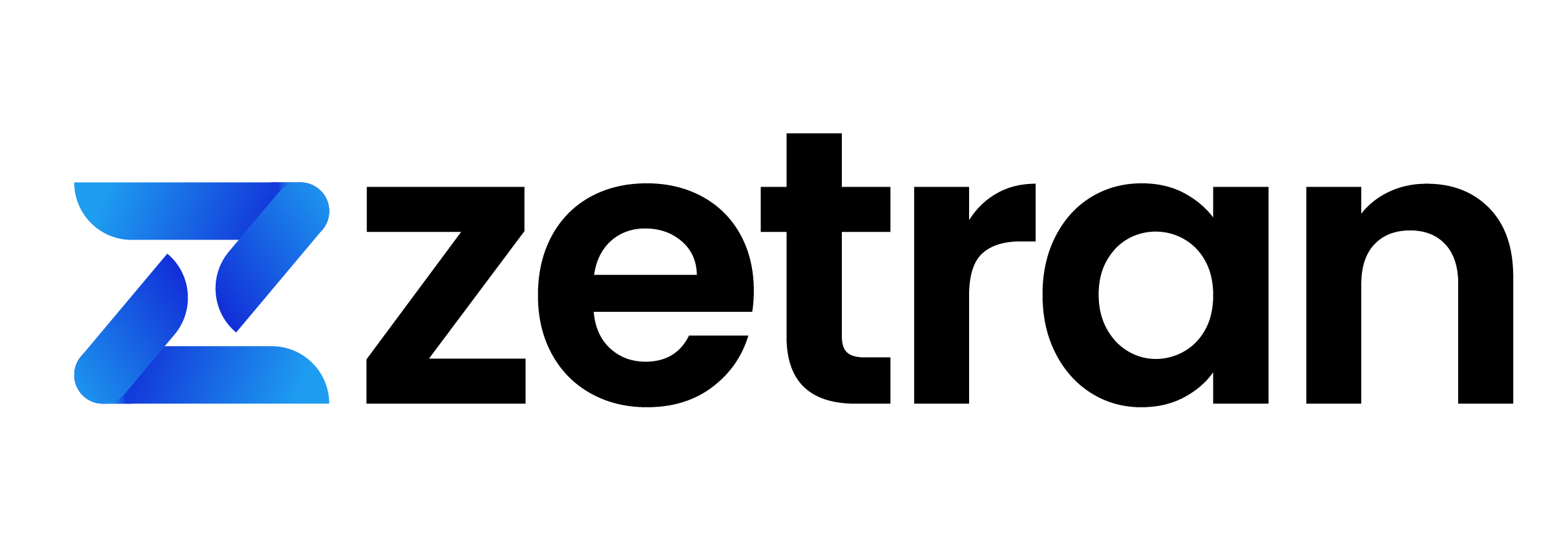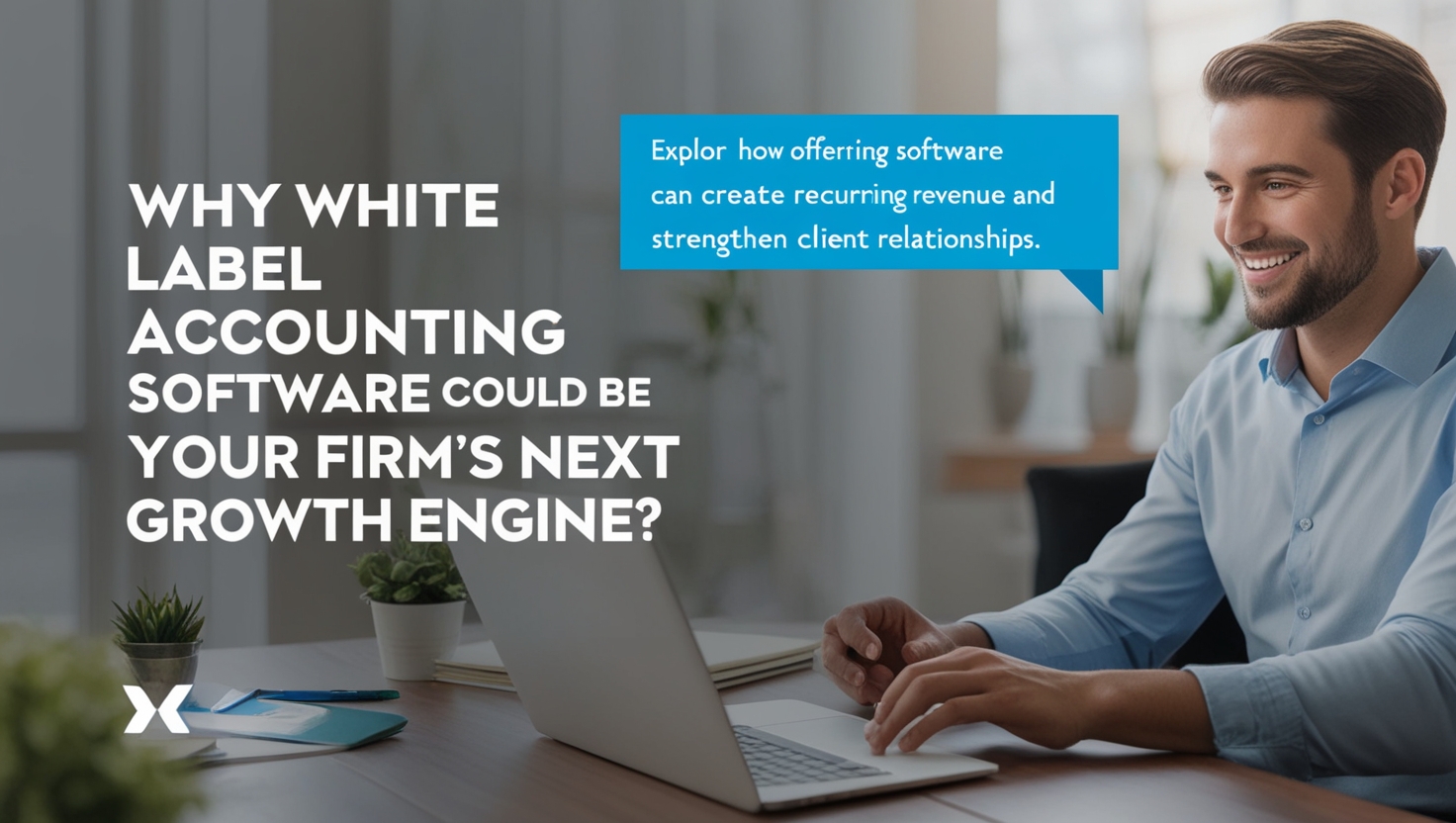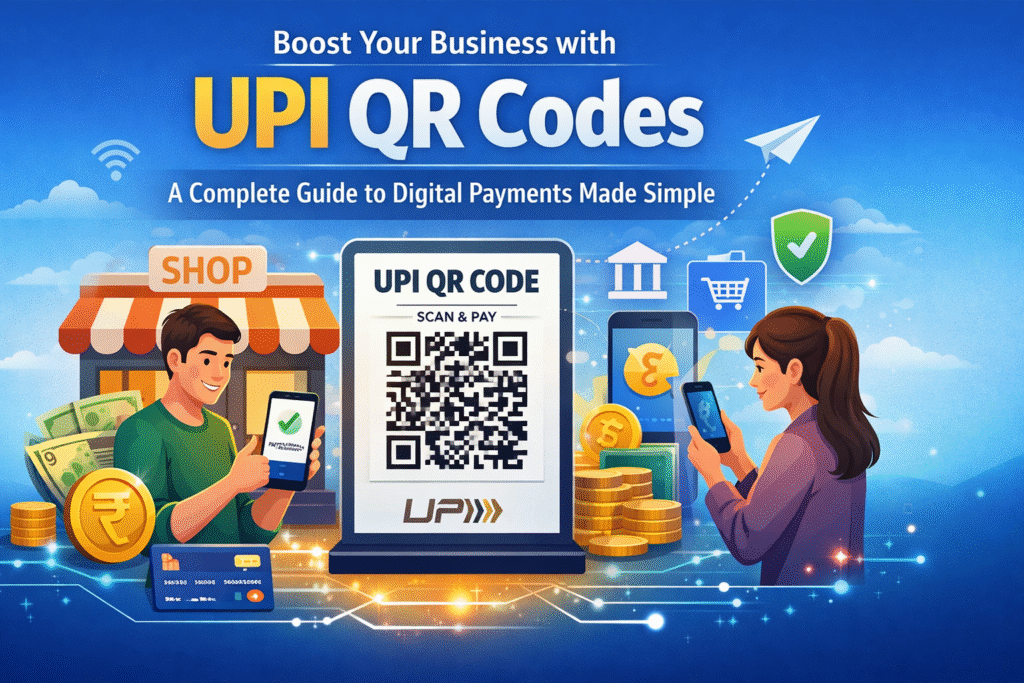Why White Label Accounting Software Could Be Your Firm’s Next Growth Engine
In today’s rapidly evolving accounting landscape, forward-thinking CPA firms are discovering a powerful new revenue stream: white label accounting software. By offering branded software solutions to clients, firms are not only diversifying their income but also strengthening client relationships and positioning themselves as innovative leaders in the digital age.
The Shifting Landscape of Accounting Services
Traditional accounting services are undergoing a significant transformation. Clients increasingly expect digital solutions that provide real-time insights and seamless collaboration capabilities. This shift presents a crucial opportunity for CPA firms to evolve beyond traditional service models and embrace technology-driven solutions.
Understanding White Label Software
White label accounting software allows firms to offer pre-built accounting solutions under their own brand name. Think of it as having your own software product without the extensive development costs and technical challenges of building it from scratch. This approach enables firms to provide clients with modern tools while maintaining their professional identity and expanding their service offerings.
Key Benefits of White Label Solutions
1. Recurring Revenue Generation
Perhaps the most compelling advantage of white label software is the potential for steady, predictable income. Unlike traditional service-based billing, software subscriptions create a reliable revenue stream that grows with your client base. This recurring revenue model can significantly enhance your firm’s valuation and financial stability.
2. Enhanced Client Relationships
When clients use your branded software daily, you become more than just their accountant – you become an integral part of their business operations. This deeper integration leads to: – Increased client retention – More frequent touchpoints – Greater visibility into client needs – Opportunities for upselling additional services
3. Competitive Differentiation
In a market where many firms offer similar services, having your own branded software sets you apart. It demonstrates technological leadership and innovation, attracting both clients and talent who value forward-thinking approaches.
Implementation Strategies for Success
Start with a Clear Vision
Before launching a white label solution, define your objectives: – Target client segment – Desired features and capabilities – Pricing strategy – Integration with existing services – Support and training resources
Choose the Right Platform Partner
Selecting the appropriate white label platform is crucial. Consider factors such as: – Customization options – Security features – Integration capabilities – Vendor reputation and stability – Ongoing support and updates – Cost structure and scalability
Develop a Rollout Plan
A successful implementation requires careful planning: 1. Start with a pilot program involving select clients 2. Gather feedback and make necessary adjustments 3. Train your team on the software and support procedures 4. Create marketing materials and client education resources 5. Develop a systematic approach to onboarding new clients
Maximizing ROI Through Strategic Pricing
Your pricing strategy should balance competitiveness with profitability. Consider offering tiered packages: – Basic: Essential features for small businesses – Professional: Additional features for growing companies – Enterprise: Comprehensive solutions for larger clients
Include value-added services such as training, customization, and premium support to enhance revenue potential.
Overcoming Common Challenges
Technical Support
Establish clear procedures for handling technical issues: – Define support responsibilities between your firm and the software provider – Create documentation and self-help resources – Train staff to handle common client questions – Set up escalation procedures for complex issues
Client Adoption
Overcome resistance to change through: – Demonstrating clear value proposition – Providing comprehensive training – Offering transition support – Highlighting time and cost savings
Future Growth Opportunities
As your white label software program matures, consider: – Developing industry-specific versions – Adding complementary services – Creating user communities – Building integration partnerships
Measuring Success
Track key metrics to evaluate and optimize your software offering: – Client adoption rates – Monthly recurring revenue – Customer satisfaction scores – Support ticket volumes – Client retention rates – Cross-selling success
The Path Forward
White label accounting software represents more than just a new revenue stream – it’s an opportunity to transform your practice for the digital age. By carefully selecting and implementing the right solution, you can create a sustainable competitive advantage while better serving your clients’ evolving needs.
Success in this venture requires commitment, planning, and a willingness to embrace change. However, the potential rewards – including enhanced client relationships, steady recurring revenue, and increased firm value – make it an investment worth considering for forward-thinking accounting firms.
Start by assessing your firm’s readiness for this transformation and exploring potential white label partners. The future of accounting is digital, and now is the time to position your firm at the forefront of this evolution.






